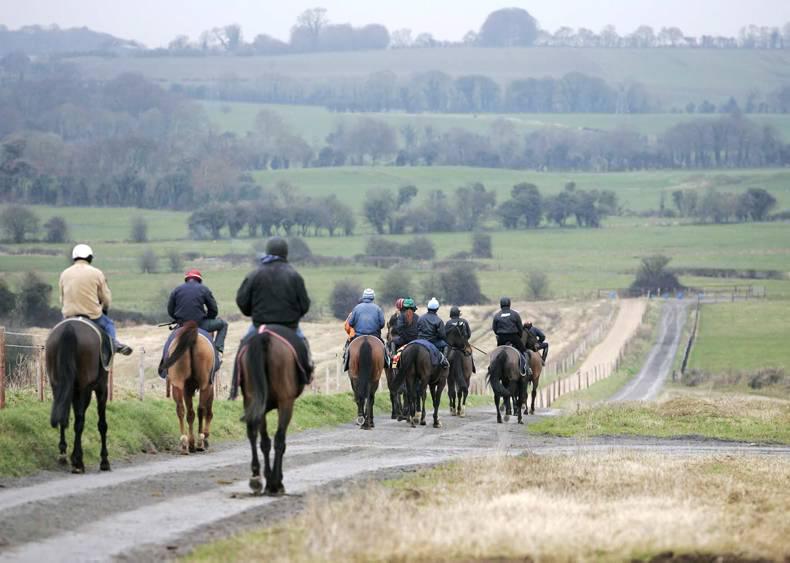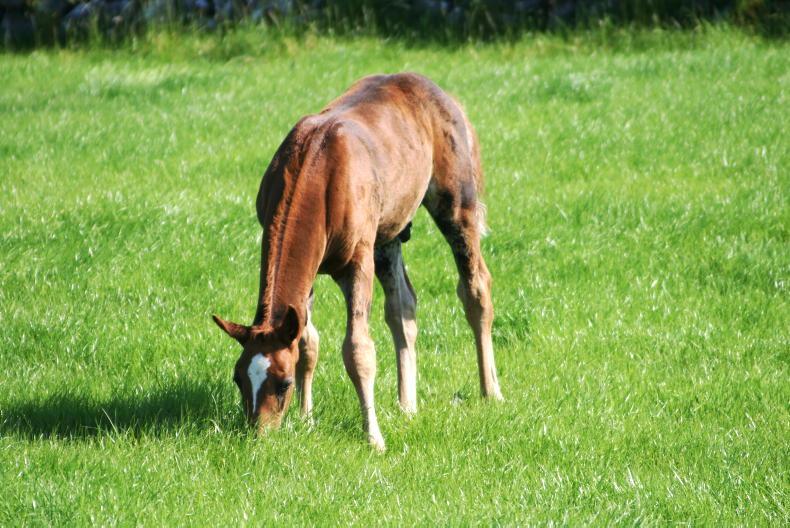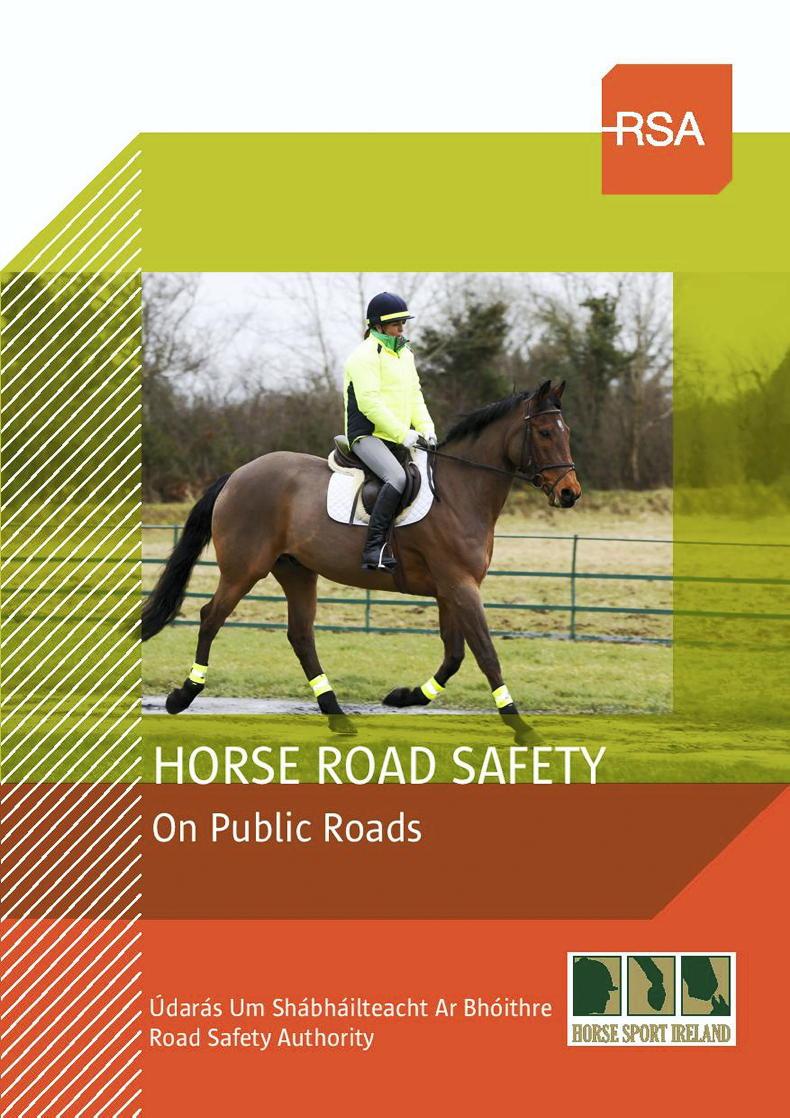LIABILITY AND INSURANCE
All road users have a duty of care to share the road in a safe and socially responsible way. Horse owners may be liable if their horse injures another road user or damages their property, for example, their car. This may result in the payment of considerable damages.
If you ride, drive or lead a horse on the road, you should hold public liability insurance (also known as third party insurance). This form of insurance covers you if your horse is found to have injured someone or damaged their property. Public liability insurance is included in the membership of some equine associations. You can also get it through insurance companies.
MOBILE PHONES
Type the letters ICE (In Case of Emergency) before each name. This helps the emergency services if you are involved in a collision. They can quickly scan through your phone to find the names. Your emergency contacts could include, for example, your next of kin, your doctor and your vet.
Do not use your mobile phone while riding, driving or leading a horse. Always keep your mobile phone on silent when riding. This is to avoid distracting your attention from controlling your horse. It is also a good idea to put the names and phone numbers of people to be contacted in an emergency into your phone.
ROAD SAFETY TRAINING AND EXAMINATIONS
You can get a list of recognised Ride and Road Safety Trainers on the HSI website horsesportireland.ie. Two Ride and Road Safety examinations currently take place in Ireland:
DEALING WITH A ROAD ACCIDENT
Follow these guidelines if a rider has a fall on the road. ?


 This is a subscriber-only article
This is a subscriber-only article
 It looks like you're browsing in private mode
It looks like you're browsing in private mode










SHARING OPTIONS: